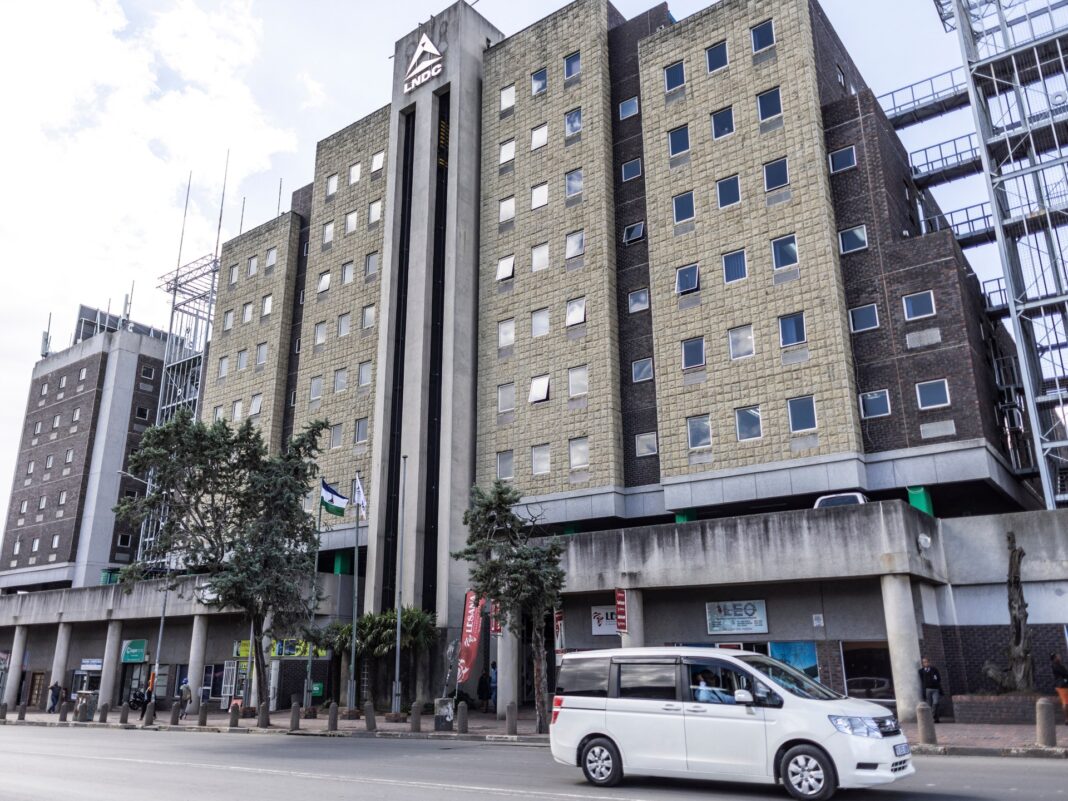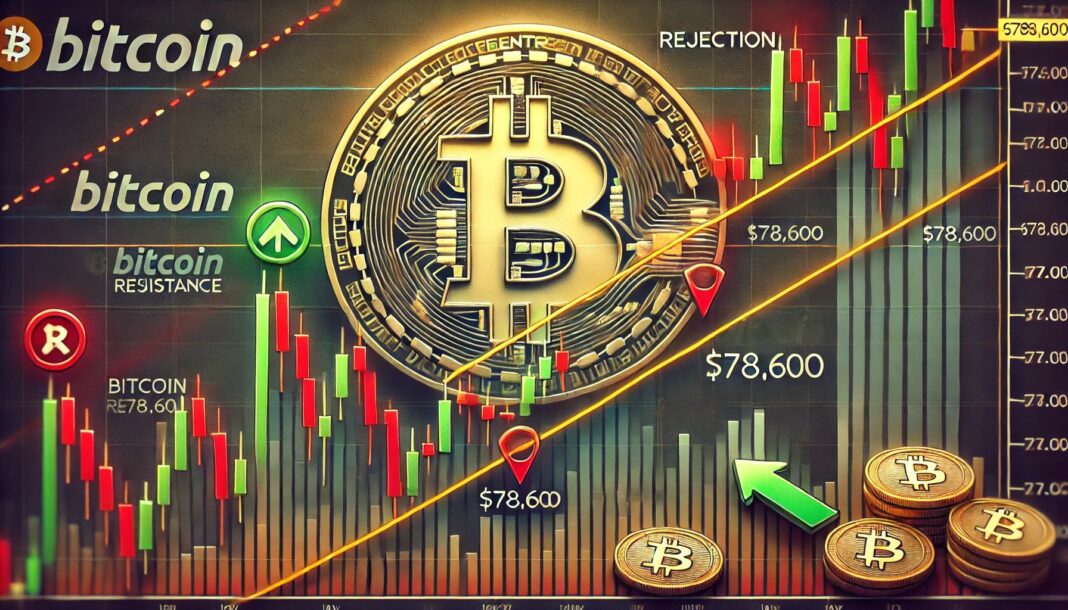The move deals a harsh blow to the small, impoverished state, which Trump mocked as a place ‘nobody has heard of’.
The Trump administration has imposed a steep 50 percent tariff on Lesotho, a small, impoverished African nation of two million people – the highest tariff levied on any country.
The measure delivers a severe blow to Lesotho’s economy, which relies heavily on exports for its modest $2bn gross domestic product (GDP).
United States President Donald Trump, who mocked Lesotho last month as a country “nobody has ever heard of”, announced it as part of a sweeping set of “reciprocal tariffs” laid out on Thursday.
Trump’s new tariffs were calculated based on the US trade deficit with each country, divided by the total value of imports from that nation. As a result, smaller economies with limited imports from the US – such as Lesotho and Madagascar – were hit hardest.
Lesotho’s trade surplus with the US is largely driven by diamond and textile exports, including Levi’s jeans. In 2024, its exports to the US totalled $237m, accounting for more than 10 percent of its GDP, according to Oxford Economics.
Meanwhile, the Trump administration claims Lesotho imposes a 99 percent tariff on US goods.
The high levies on Lesotho and other African states signalled the end of the African Growth and Opportunity Act (AGOA) trade deal that was supposed to help African economies develop through preferential access to US markets, trade experts said.
It also compounded the pain after Trump’s administration dismantled the US Agency for International Development (USAID), which was a major aid provider to the continent.
Thabo Qhesi, a Maseru-based independent economic analyst, said the US tariff on Lesotho “is going to kill the [country’s] textile and apparel sector”, its largest private employer.
“If the closure of factories were to happen, the industry is going to die and there will be multiplier effects,” Qhesi said. “So Lesotho will be dead, so to say.”
The Lesotho government did not comment immediately on the trade tariffs. But its foreign minister told the Reuters news agency last month the country, which has one of the highest HIV/AIDS infection rates in the world, was feeling the impact of the aid cuts as the health sector had been reliant on them.

